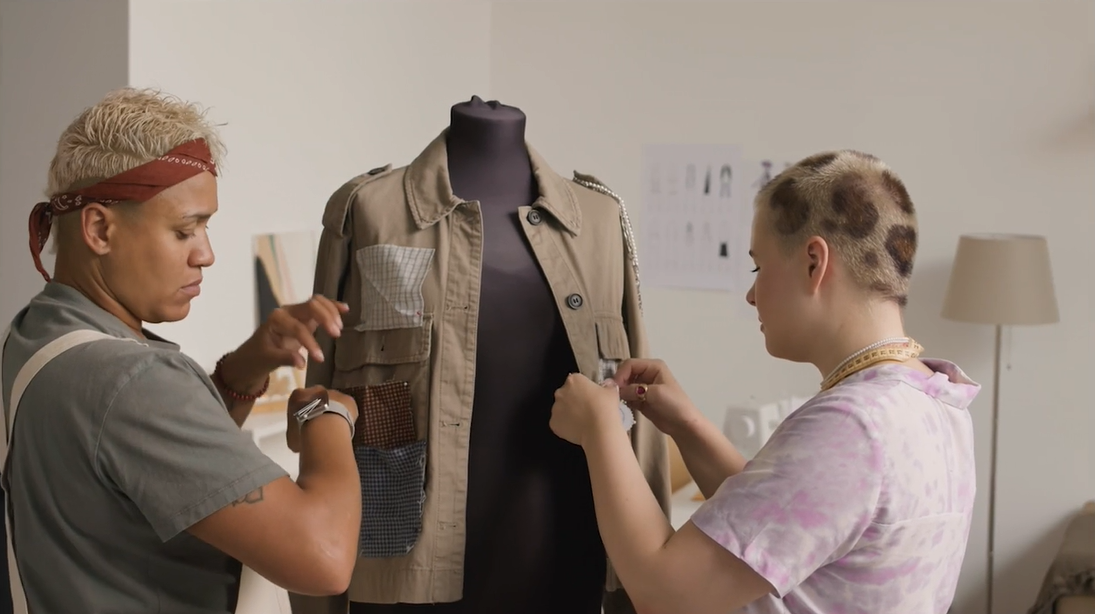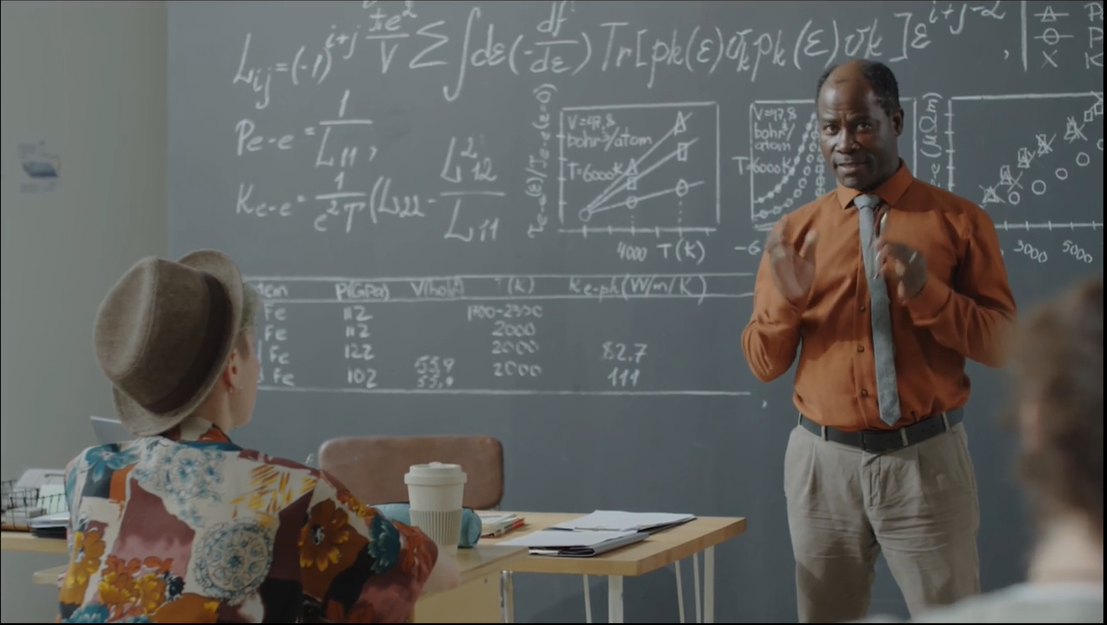


Please read the following before preparing your work:
Submissions will be accepted from the following categories:
Formats for submissions in all sections
When creating a video or audio recording, please follow these directions:
Other guidelines:
Once you are ready to submit your work:
1. Provide a title page, separate from the article/work with the following information:
2. Attach your work for review in a Docx, RTF, JPEG, MP3, and/or MP4 format.
3. A cover letter is not needed.
4. If you are submitting a written manuscript, indicate whether you would be comfortable with publishing an audio or video file taken as you read your published article aloud. This file would be provided as a link on the journal webpage in order to encourage language accessibility. If you are not comfortable reading your work aloud, please still submit your manuscript for consideration.
5. If you are submitting a written manuscript, indicate whether you would be comfortable with publishing an audio or video file taken as you are interviewed about the published article. This file would be provided as a link on the journal webpage in order to encourage language accessibility. If you are not comfortable being interviewed about your work, you may still submit your work for consideration.
This column focuses on themes from the current issue. An emphasis may be placed on global observations, responses to world actions, or calls for action. Examples may include discussions of policy or descriptions of advocacy in action, observations, and reflections.
This section focuses on geographic or regional perspectives on language/literacy. A submission in this section could include:
Individuals with experiences or expertise in different disciplines and fields consider what literacy looks within or across their work and communities. A submission in this section could include:
This section focuses on crossing borders. Submissions in this area consider what literacy and language looks like from a transnational perspective. A submission in this section could include:
The names and email addresses entered in this journal site will be used exclusively for the stated purposes of this journal and will not be made available for any other purpose or to any other party.


